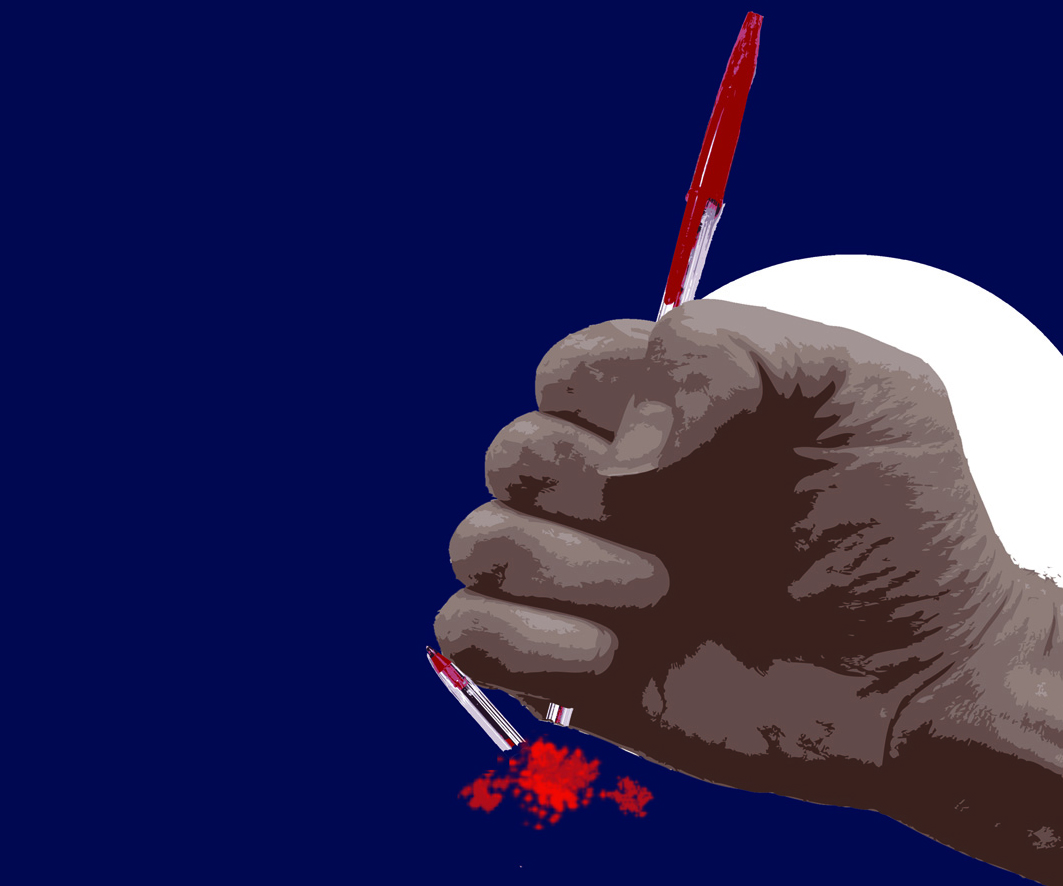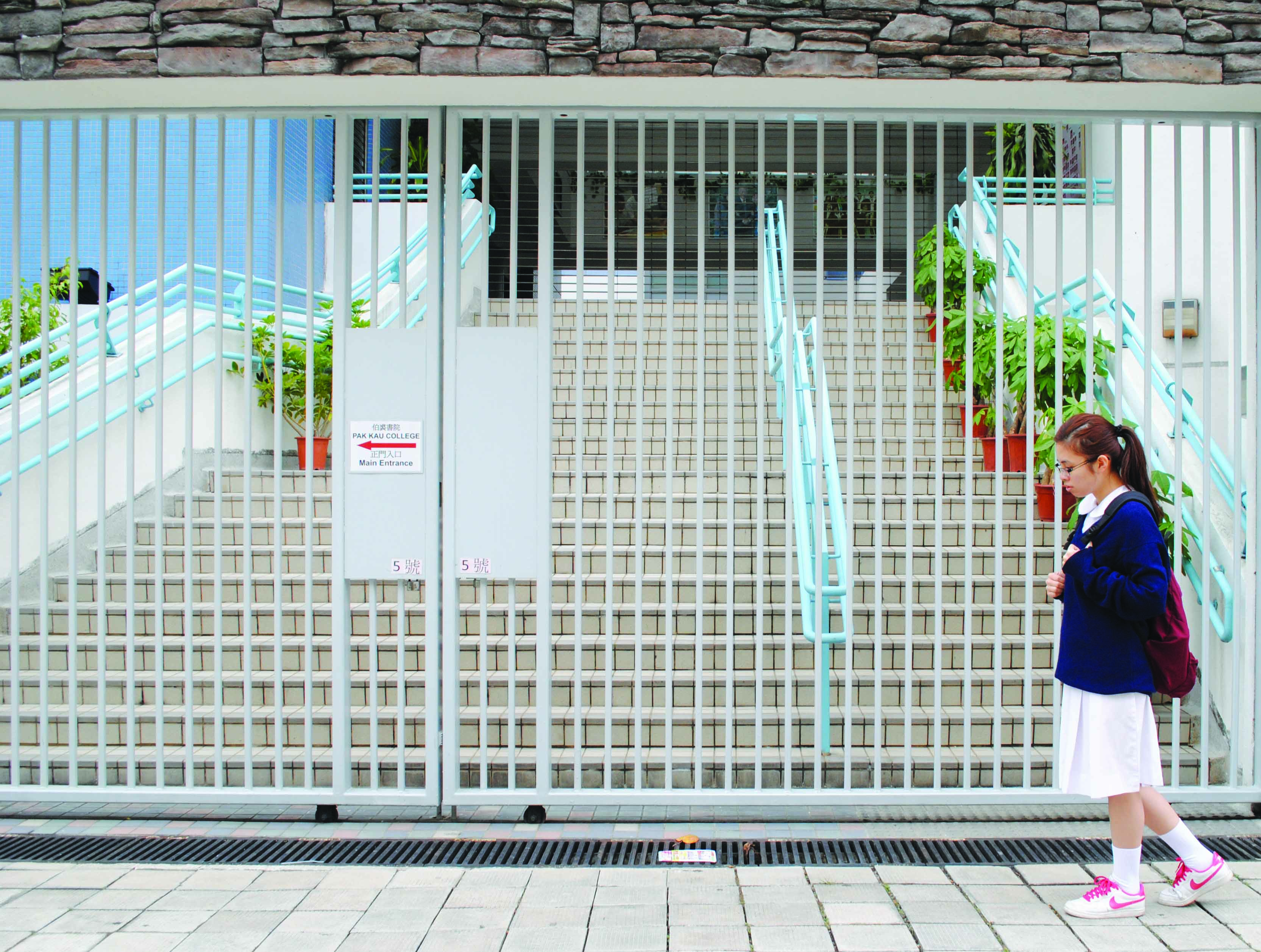Lau Shiu-on, a parent who suffered sudden financial difficulties when his son was studying in form three at the Hong Kong Management Association David Li Kwok Po College, shares Cheung’s view. Although he received school fee remission from the school, he did not knowanything about such a scheme until the school invited him to apply for it.
He adds that if he had not been able to afford the school fee when his son was entering secondary school, he definitely would not have chosen a DSS secondary school.
“Parents generally will not think about whether they can apply for school fee remission schemes. Instead, they consider their own financial situation first,” he says.
Parents are not the only ones thinking in this way. Some DSS school students have had similar thoughts. Hui Man-ling is currently studying in Form 7 at Diocesan Girls’ School (DGS).
Hui describes her family as lower middle class. When DGS changed from an aided school to a DSS one in 2005, one of the reasons she thought of quitting the school was the annual school fee. “HK$38,000 is a burden to my family! It’s HK$38,000!” she exclaims. She finally stayed at the school because she managed to get fee remission.
Apart from school fees, another potential barrier to entry to elite DSS schools is the perceived importance they attach to extra-curricular activities. Michelle Chu Ka-hei, a graduate of an aided secondary school says one of the reasons her parents did not choose a DSS school was because they thought DSS schools placed a lot of emphasis on extra-curricular activities. Students applying to these schools may need to prepare portfolios listing all the activities they have participated in. As students from lower-income backgrounds may not be able to join many activities, they may be less competitive in the selection process.
Despite such perceptions, academic performance still takes precedence over extra-curricular activities in many elite DSS schools. For instance, Diocesan Boys’ School (DBS) allocates 25 per cent of marks for extra-curricular achievements compared with 50 per cent for academic results in its entrance criteria.
Less wealthy students who do well academically can still enter DSS schools. Brian Luk Wing-chung, a graduate of DBS, is one of them. Luk recalls that he placed fourth or even better in his year at primary school. He had no portfolio of interests and activities to submit when he applied to DBS, and only handed in his primary school report cards.
Like Luk, Kitty Tsoi Yi-man comes from a lower middle class family. The SPCC graduate says she only took part in a few extra-curricular activities like her primary school choir, before entering secondary school.
As DSS schools tend to attract more wealthy students, some may expect poorer students to encounter problems fitting in once they do enter the schools. Tsoi says her family background did affect her choice of friends among her schoolmates. She says she could only befriend wealthy classmates if they did not look down on others or show off about how affluent they were.
Hui Man-ling, the DGS student who also comes from a lower middle class family can relate to Tsoi’s observations. Hui, who entered DGS on the strength of her skills on the athletics track, says she rarely befriends wealthier classmates in DGS. She usually hangs out with her athlete friends who share similar interests and family backgrounds. “I am quite afraid of talking to those wealthy classmates. They always speak in English. And my English is not good. I don’t know what to talk to them about. I will not talk to them unless they talk to me,” she says.









































